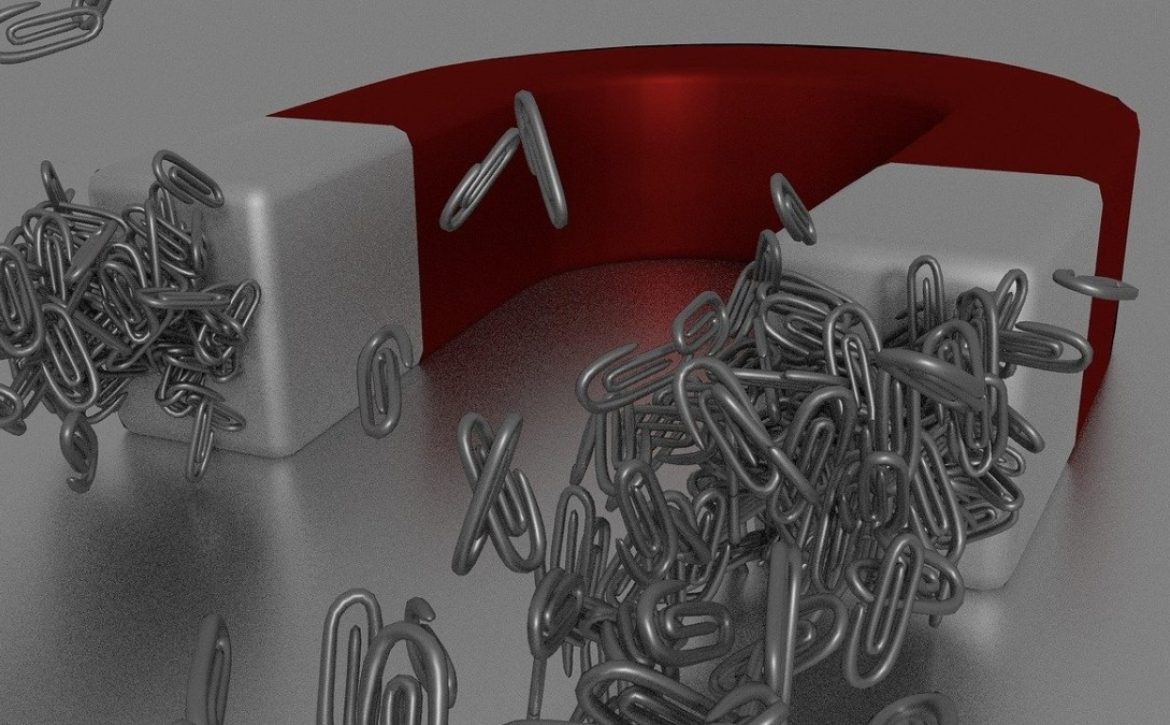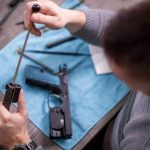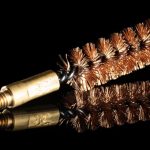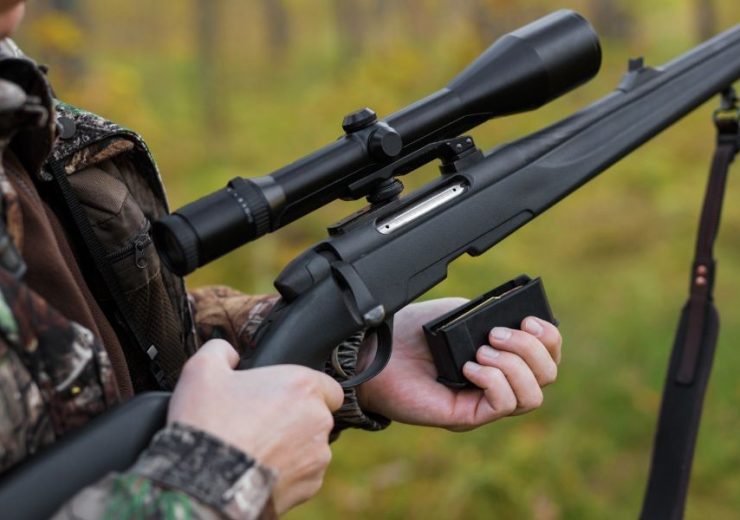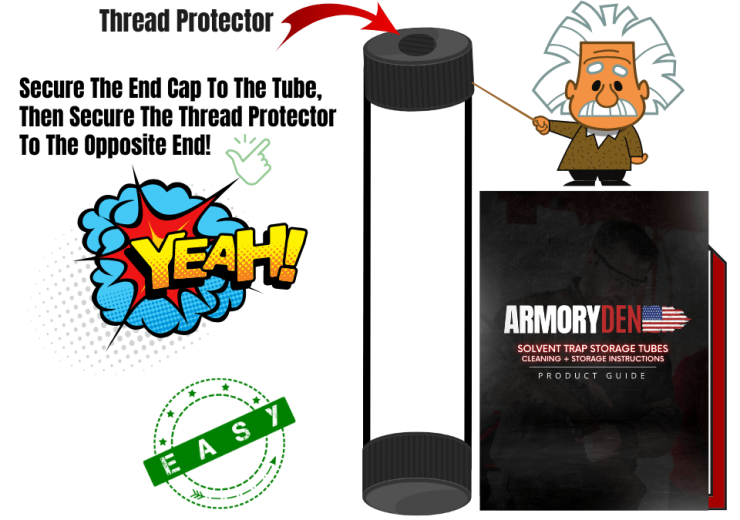Metal Quality Demystified: Magnetism, Corrosion and Steering Clear of Diluted Metals
When purchasing products made of various metal types, such as solvent traps for firearm cleaning, storage or transport, it’s important to know what you’re paying for! Armory Den offers a wide array of products to meet the needs and preferences of our customers.
Two main types of solvent we offer in various materials are Solvent Trap Tubes Kits and Adaptive Solvent Traps. Both solvent trap types are sold for trapping solvent during firearm cleaning. The difference between the solvent trap tube kits and the adaptive solvent trap models is that the adaptive solvent traps can also be used for mobile storage and transport.
Product instructions are included in our deliveries, and product instructions are also located on our product pages. Product instructions may be reviewed prior to purchasing on our products on each product page.
Does metal type matter when buying a solvent trap?
Like many ecommerce stores, products come in all shapes, sizes and materials. If the thread protector included with your solvent trap matches the thread pattern on your firearm, then it will work for cleaning, storage and/or transport! Firearm owners with larger firearms may prefer a larger solvent trap depending on their preference, frequency of cleaning, and the amount of cleaning solutions used during a single cleaning session.
Select solvent traps and metals offered by Armory Den are listed in descending order (highest to lowest) on the spectrum of positive anti-corrosion properties: Grade-5 Titanium, 304 Stainless Steel, 7075 Aircraft Aluminum, and 6061-T6 Aluminum.
Grade 5 titanium and 304 stainless steel solvent trap models will hold up better to corrosive chemicals as they are passing through higher grade anti-corrosive metals. A titanium solvent trap and 304 stainless steel solvent traps will have an extended lifespan and reduce wear and tare due being made of stronger metal types. For example, titanium threads will handle ‘wear-and-tear’ better than aluminum, and the same goes for stainless steel threads.
Many of our smaller solvent trap tube kits are made of 6061 T6 Aluminum. However, these kits include thread protectors and sealed end caps made of 7075 aluminum so the threads last longer, opposed to having these parts made in 6061-T6 aluminum. 7075 Aluminum is slightly stronger than 6061-T6 aluminum which helps with the constant threading onto the harder stainless steel barrels during firearms cleaning. Our solvent trap tube kits include threads mounts and sealed end caps in this materials because they reduce wear and tear on these parts over time.
All Storage cups included in our solvent trap tube kits are made of 304 stainless steel. Armory Den offers various metal types for several reasons and benefits. For example, storage cups will come in most contact with solvent and chemical contact, thus all of our tube kits include 304 stainless steel storage cups. You may also learn more about our storage cup types in our FAQ area.
What does it mean if metals are magnetized?
There tends to be some confusion regarding magnetic materials. Not all stainless steel is magnetic, but some stainless steels are. Aluminum and titanium metal grades are not magnetic. The only magnetized metals included with select solvent trap tube kits are the 304 stainless steel CNC machined storage cups. If our cleaning kits state this on the the product page, the product will includes these parts, which have paramagnetic characteristics.
According to this article: “Both 304 and 316 stainless steel possesses paramagnetic characteristics. As a result of these properties small particles (approx. 0.1-3mm dia sphere for example) can be attracted to powerful magnetic separators positioned in the product stream.”
Therefore, 304 stainless steels may show signs of magnetism when using higher powered magnets – but may only reflect subtle signs of magnetism when using weak magnets. This is a good test for grade 5 titanium purchasers as titanium is generally the most expensive type of metals.
For those still concerned that they are a victim of purchasing solvent traps with diluted metals with quality inferior to what was advertised, this article may be something of interest.


